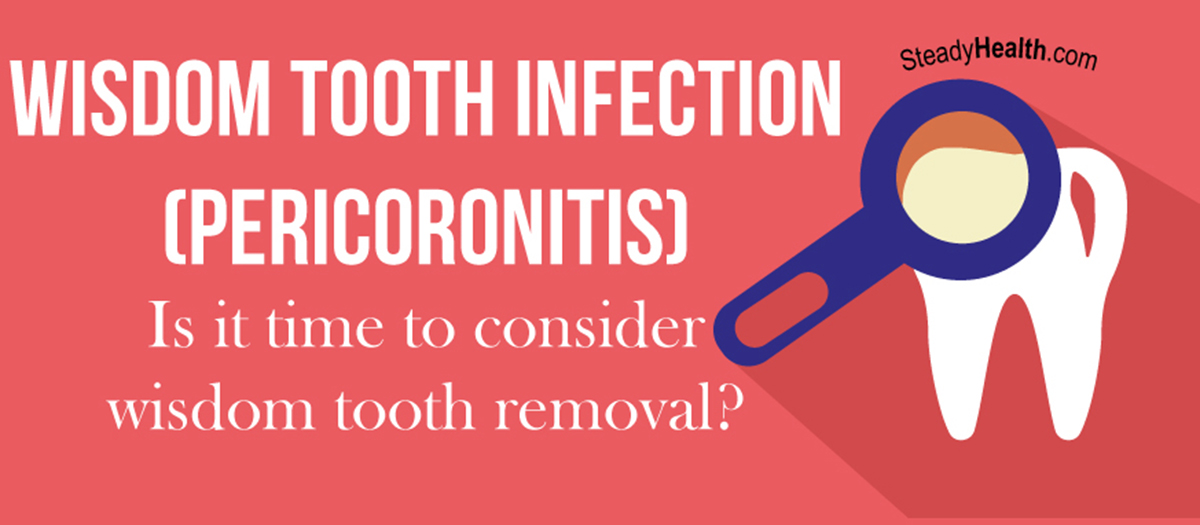Some Ideas on Wisdom Teeth Surgery You Need To
However, removal of wisdom teeth requires. Rarely, complications may include: Illness sterile socket, or exposure of bone when the post-surgical blood clot has been missing from the site of the operative wound (socket) Infection in the socket from bacteria or even trapped food particles Damage to neighboring teeth, nerves, jawbone or Illness How you prepare Your physician can perform the procedure at the workplace.

You will receive instructions from clinic personnel or the hospital on also the day of your surgery and what to do prior to the surgery. Ask these questions: Can I need to make arrangements for somebody to drive me home after the procedure When do I need to reach the dental practice or hospital Do I need to avoid eating food or drinking fluids or both (fast) If so, when can I begin Can I take my prescription drugs before the operation If so, how long prior to the surgery can I take a dose If I avoid any nonprescription medication prior to the operation What you can anticipate During the procedure The dentist or oral surgeon can use one of 3 different types of anesthesia, depending on the expected complexity of the wisdom tooth extraction and your comfort level.
Your dentist or oral surgeon simplifies local anesthesia with one or more injections close to the website of every extraction. Before you receive an injection, surgeon or your dentist will apply a material to your gums to numb them. You're alert. Although you'll feel motion and a little pressure, you shouldn't experience pain.
An Unbiased View of Wisdom Teeth Removal Pain
Your dentist click site or oral surgeon provides you anesthesia anesthesia through an intravenous (IV) line in your arm. Sedation anesthesia Enhance your consciousness during the process. You will have limited memory of the procedure and do not feel some pain. You will also receive local anesthesia to numb your gums. General anesthesia. In particular situations, you may be offered anesthesia.


Follow your dentist's instructions on: Infection, as you heal from your operation. Some type of blood may happen the first day following wisdom tooth removal. you don't dislodge the blood clot in the 17, try to prevent spitting. Replace gauze over the extraction site as directed by your dentist or oral surgeon.
You could be why not find out more able to manage pain using a over-the-counter pain reliever, like acetaminophen (Tylenol, others), or a prescription pain medication in the dentist or oral surgeon. If bone was removed during the procedure, prescription pain medicine might be particularly helpful. Maintaining a pack from all teeth pulled the jaw may relieve pain.
Indicators on Wisdom Teeth Coming In You Need To
As instructed by your surgeon or dentist use an ice pack. Any of your cheeks usually improves in a couple of days. Bruising may take to fix. Activity. Following your surgery, plan to break for the rest of the day. Resume normal activities the following day a week, avoid strenuous action that might lead to losing the blood clot from the socket.
